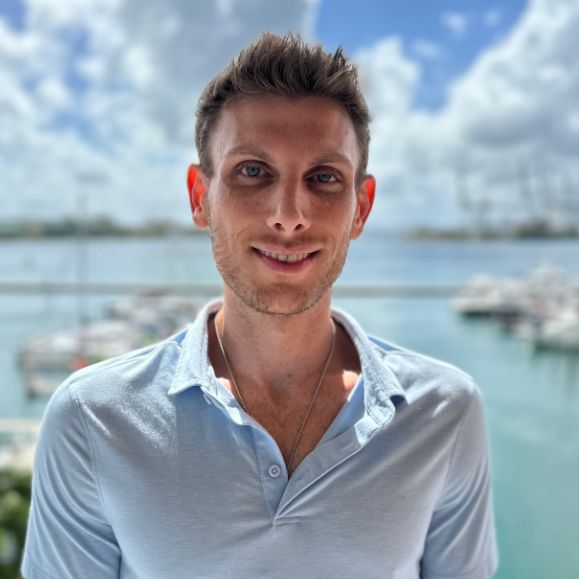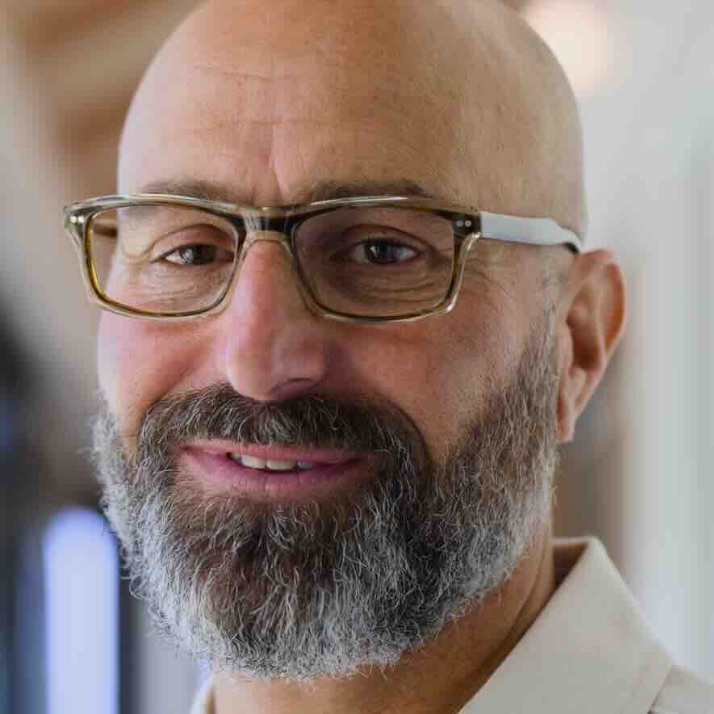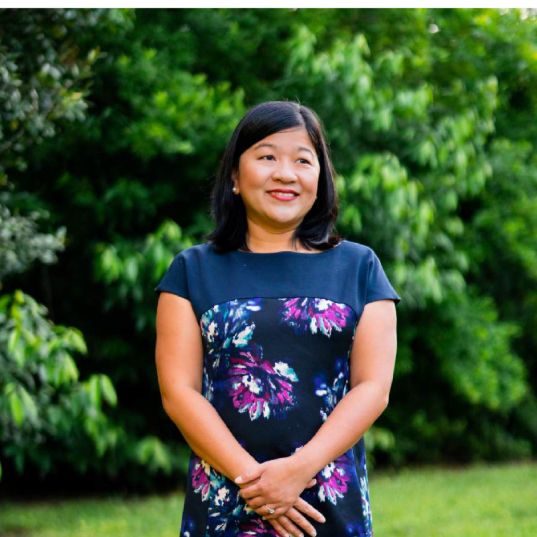Exploring Treatment Choices for Alcohol Abuse in Orlando
Orlando offers multiple therapy formats for alcohol use, including in-person counseling, teletherapy, individual sessions, and group programs. If you live near Downtown, SoDo, or Winter Park, in-person visits may be convenient, but traffic along I‑4 and parking can affect timing; SunRail and LYNX bus routes can help if you’re near stations and frequent lines. Teletherapy can fit hospitality and theme‑park schedules around Lake Buena Vista, Dr. Phillips, and International Drive, or reduce commute strain for residents in Lake Nona, Baldwin Park, and East Orlando near UCF. Individual therapy can address personal triggers and co‑occurring stress, while group options provide peer support and accountability. Many programs also offer evening or weekend sessions to accommodate shift work common in the region.
MiResource makes it easier to find care by letting you filter Orlando providers by therapy approach (CBT, motivational interviewing, harm reduction), insurance accepted, language, and real‑time availability. You can narrow options to in-person clinics near your neighborhood or along SunRail stops, or choose telehealth if you’re navigating I‑4 congestion. The platform highlights group schedules, sliding‑scale options, and specialties like family support or relapse prevention. With clear profiles and scheduling details, you can compare choices quickly and pick a plan that works with your routine, budget, and transportation. This helps you start the right level of care with confidence and less hassle.
Local Programs and Community Partners
Orlando offers a strong safety net of local programs for alcohol use recovery, from nonprofit treatment providers to peer-led supports. Aspire Health Partners, with locations near Mercy Drive and across Orange County, provides outpatient and residential services, while Samaritan Village supports women in long-term recovery close to the Mills 50 and Colonial Drive corridor. Central Florida Intergroup of Alcoholics Anonymous hosts meetings every day around Lake Eola, Thornton Park, and the Milk District, and SMART Recovery groups gather at libraries and community centers throughout Downtown and East Orlando. Students near the UCF area can connect with the Collegiate Recovery Community for sober support and meetings on campus, and The Center Orlando offers inclusive recovery groups for LGBTQ+ residents in the Ivanhoe and Mills 50 neighborhoods. These resources work alongside MiResource’s therapist directory to help you find Alcohol Abuse-specialized clinicians in the neighborhoods where you live and work.
Public and advocacy partners add another layer of support. The Orange County Drug-Free Coalition promotes prevention and connects families to services countywide, and hospital-based programs at Orlando Health and AdventHealth can assist with medical stabilization and referrals near the Amway Center and S. Orange Avenue. Faith-based and low-cost options like The Salvation Army Adult Rehabilitation Center on W. Colonial Drive offer structured recovery, while peer networks host meetings in Parramore, Baldwin Park, and along Semoran Boulevard to reduce transportation barriers. Many groups provide bilingual or culturally responsive support, especially in Azalea Park and South Semoran. Use MiResource to pair these community anchors with therapists experienced in alcohol use disorder for coordinated care close to home.
Urgent Help for Alcohol Abuse in Orlando
If you’re in immediate danger or experiencing severe withdrawal, call 911 or go to the nearest ER: AdventHealth Orlando (407-303-5600) or Orlando Health Orlando Regional Medical Center (321-841-5111). For immediate crisis support, call or text 988, or reach the SAMHSA National Helpline at 1-800-662-HELP (4357). In Orlando, dial 211 or call Heart of Florida United Way at 407-839-4357 for local detox, crisis stabilization, and treatment referrals. For on-scene crisis assistance, contact Aspire Health Partners’ Mobile Crisis Response Team at 407-875-3700. For non-life-threatening Alcohol Abuse-related concerns, visit urgent care such as AdventHealth Centra Care (407-200-2273) or the closest Orlando Health urgent care.
Key Insights Into Alcohol Abuse
Alcohol is a substance in many drinks that changes how your brain and body work, sometimes making you feel relaxed but also reducing judgment and coordination. Common signs of alcohol’s effects or misuse include slurred speech, nausea or headaches, mood swings, cravings, trouble cutting back, blackouts, and sleep problems. Understanding Alcohol Abuse and its impact helps you recognize patterns early and make safer choices for yourself and others. If you’re in Orlando, knowing this can guide you to local support and resources when you’re ready.
Spotting Potential Warning Signs
Noticing changes early can make a big difference, and you don’t have to figure it out alone. If you’re in Orlando and some of the signs below feel familiar, compassionate support is close by and ready when you are.
- Drinking more than you planned, or finding it hard to cut back even when you want to
- Strong urges or cravings to drink that feel hard to ignore
- Skipping work, school, or family responsibilities because of drinking, or losing interest in activities you used to enjoy
- Continuing to drink even when it causes problems with your health, mood, or relationships
- Needing more alcohol to feel the same effect (tolerance), or noticing you don’t feel “right” without it
- Feeling unwell when the alcohol wears off—such as shakiness, sweating, nausea, anxiety, or trouble sleeping (withdrawal)
- Drinking in risky situations, like before driving or when it could lead to harm for you or others
What Contributes to Alcohol Abuse
Alcohol Abuse challenges can arise from many factors working together, and they’re not a sign of personal failure or weakness. If you’re dealing with alcohol-related concerns in Orlando, you’re not alone—many people face similar pressures and experiences. Understanding the mix of influences can make it easier to find support that fits your life.
- Biological: Family history or genetics; brain chemistry and how your body processes alcohol; other health conditions that affect cravings or tolerance.
- Psychological: Stress, anxiety, or depression; past trauma or grief; using alcohol to cope with difficult emotions.
- Environmental: Social norms and peer pressure around drinking; easy access to alcohol at events or in your neighborhood; work or financial stress and frequent exposure to alcohol advertising.
How Alcohol Abuse Shapes Daily Life
Alcohol Abuse can quietly reshape your routine in Orlando—draining energy, disrupting sleep, and making it harder to keep up with work, school, and family plans. You might notice more tension in relationships, missed commitments, or feeling less present at the things you enjoy, from theme park days to weekend gatherings. If alcohol is steering your day instead of you, support can help you regain control and feel better, one step at a time. Reaching out today can make everyday life in Orlando more manageable and meaningful.
- Work performance and reliability
- School focus and attendance
- Family time and parenting
- Relationships and social connections
- Physical health and sleep
- Mood, stress, and motivation
Effective Treatments for Alcohol Abuse
Finding effective, evidence-based help for Alcohol Abuse is possible in Orlando. Proven therapies can reduce cravings, build coping skills, and support lasting recovery. Many options are available locally, and combining approaches often works best. You don’t have to do this alone—support is here when you’re ready.
- Cognitive Behavioral Therapy (CBT): Builds practical skills to manage triggers, change drinking patterns, and prevent relapse.
- Motivational Interviewing (MI): Strengthens your own reasons and confidence to cut back or quit through collaborative, nonjudgmental conversations.
- Medications (e.g., naltrexone, acamprosate, disulfiram): Reduce cravings or make drinking less rewarding; most effective when paired with counseling.
- Intensive Outpatient or Partial Hospitalization Programs: Structured, multi-disciplinary care several days per week while you live at home in Orlando.
- Mutual-Support Groups (AA, SMART Recovery): Peer-led meetings that offer community, accountability, and ongoing encouragement.
- Community Reinforcement/Family-Involved Therapy: Engages loved ones and reward-based strategies to support healthy routines and sustained change.
Quick Answers for Alcohol Abuse Therapy in Orlando
1. Can Alcohol Abuse happen to anyone?
Yes—alcohol use problems can affect people of any age, gender, or background, including in Orlando. No one is immune, and struggling with Alcohol Abuse is not a personal failure. Factors like genetics, stress, trauma, mental health conditions, and family or social influences can increase risk. Support is available, and reaching out is a strong, healthy step.
2. Is Alcohol Abuse just stress or something more serious?
Feeling stressed is common, but alcohol-related problems involve patterns like using alcohol to cope, drinking more than intended, or having cravings that are hard to control. If drinking is affecting your work, relationships, or sleep; you need more to feel the same effect; you can’t cut back; or you feel shaky, nauseous, or anxious when you stop, it may be more than temporary stress. These are signs of an alcohol use disorder, which is treatable. In Orlando, compassionate, evidence-based care is available to help you regain control and feel better.
3. What are some misconceptions about Alcohol Abuse?
A common myth is that alcohol problems are just about willpower; in reality, alcohol use disorder is a medical condition that affects the brain and is treatable with care and support. You don’t have to “hit rock bottom” to seek help—earlier support in Orlando can make recovery gentler and more successful. Another misconception is that if you’re working and keeping up with responsibilities, it can’t be a problem; many people appear “high-functioning” while still needing and benefiting from help. Compassionate, confidential care is available, and recovery is possible at any stage.
4. Can Alcohol Abuse improve without treatment?
Some people in Orlando notice periods where Alcohol Abuse-related symptoms ease on their own, especially after short breaks or life changes. However, recovery is more successful and sustainable with professional support, which reduces relapse risk and addresses underlying triggers. Therapy, medication options, and community resources in Orlando can help you build lasting coping skills and a healthier routine. If you’re ready, help is available here so you don’t have to do this alone.
5. How do I talk about my Alcohol Abuse with family or friends?
Start simple and honest, focusing on your needs: “I’m getting help for Alcohol Abuse, and I want to keep you in the loop.” Set clear boundaries for gatherings: “I’m not drinking right now—please don’t offer me alcohol,” and “I’d appreciate support by checking in and choosing alcohol‑free activities with me.” Share resources so they can support you: local AA meetings through Central Florida Intergroup in Orlando, MiResource listings for Alcohol Abuse therapy in Orlando, and the 24/7 SAMHSA helpline (1-800-662-HELP). You’re not alone—many in Orlando are on this path, and inviting loved ones into your plan can make recovery feel more connected and empowering.
6. Who is qualified to diagnose Alcohol Abuse in Orlando?
Alcohol Abuse can be diagnosed in Orlando by licensed physicians, psychiatrists, licensed psychologists, and licensed behavioral health clinicians such as LMHCs, LCSWs, and LMFTs; appropriately credentialed nurse practitioners and physician assistants may also diagnose and initiate care within their scope. MiResource only lists vetted Orlando providers who hold current Florida licenses and credentials to deliver accurate diagnoses and safe, evidence-based treatment.
7. What usually happens in a first therapy session for Alcohol Abuse?
In your first Alcohol Abuse therapy session in Orlando, you’ll start with simple introductions and a brief overview of how sessions work. You’ll be invited to share your personal history with alcohol at your own pace, including what’s been hard and what’s been helping. Together, you and the therapist will discuss your current concerns and any immediate supports you might need. You’ll then set clear, realistic goals for treatment and agree on next steps, with a focus on safety, comfort, and confidentiality.













